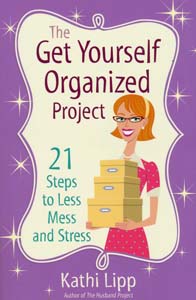
8 Ways to Cultivate Relationships and Joy With Your Kids
Busy parents are so frantic and rushed today they are missing out on what’s most important — connecting with God and their kids. The Straubs offer practical help to families about slowing down, finding joy, living simply and even allowing yourself to experience some boredom. A good reminder about having more grace for each other and trusting God for the results.













